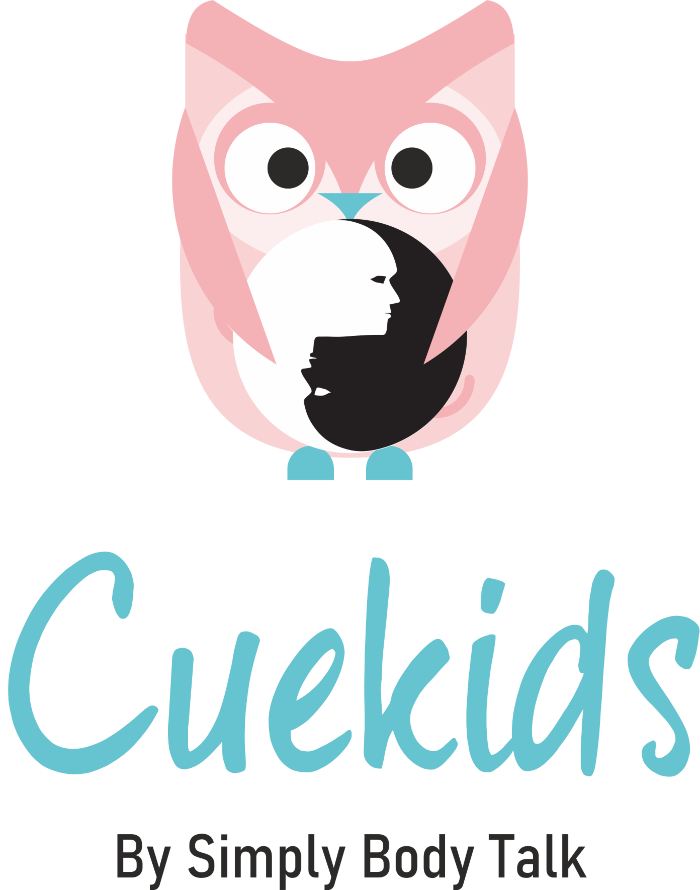Before we dive into what primary and secondary emotions are, let me ask you something. What emotions will you feel when you get into an argument with your partner? Probably angry, sad, disappointed, or upset, right? These emotions that you are feeling, are your primary emotions.
You may also like to read: Emotional Intelligence in Kids
What are primary emotions?
Primary emotions, also known as basic emotions or core emotions, are a limited set of emotions that are universally recognized across cultures. These emotions generally arise as a direct response to a situation or an event. So going back to our example, the argument is directly causing you to feel sad, upset, and angry, making them your primary set of emotions. Along with sadness, and anger, some of the other emotions that are considered primary emotions are fear, surprise, joy, content, and disgust. When you recognize your primary emotions, it builds your confidence in understanding and managing how you feel, which is an essential part of your emotional well-being.
What are Secondary Emotions?
Secondary emotions, as the name suggests, come second in line. These are the emotions you experience in response to your primary emotions. Circling back to our example of getting into an argument. If you are someone who has been brought up with the idea that arguing with your partner is wrong, then you will automatically start feeling guilty for being angry. This guilt that you will probably experience in return for the anger, is your secondary emotion.
Difference between the two:
Unlike primary emotions, secondary emotions tend to last for a longer period of time. While primary emotions provide us with some important information about the situation, secondary emotions fail to serve any such purpose as they are learned emotions. By “learned,” what I mean is that these are the emotions that we have been taught to feel. Since they are taught and not innately developed, they also vary across cultures. Understanding and recognizing these emotions can enhance your personality development by allowing you to manage them effectively and grow from the experiences.
Why should we know about secondary emotions?
Whenever secondary emotions arise, our attention gets taken away from our core emotions and pulled towards these secondary ones. This blocks us from understanding them and the situation and then acting on it healthily. For example, if we start feeling guilty for being angry, then our entire attention goes towards the guilt. We try everything in our power to overcome the guilt completely neglecting the anger making it remain unsolved. While we might have taken care of the guilt and healed from it, the underlying anger still remains unhealed. Learning to manage emotions can also improve your body language, making it easier to communicate how you feel without confusion or misinterpretation.
Learn more about our Emotional Intelligence Course for Kids
Conclusion
Secondary emotions either generally go unnoticed or get hidden under the blanket of primary emotions. Therefore it is very important for us to introspect and become aware of our secondary emotions. As mentioned, these emotions are subjective and learned, which means that with time and practice they can be unlearned also.






[…] Primary & Secondary Emotions – CueKids […]